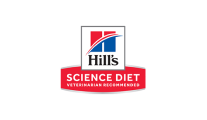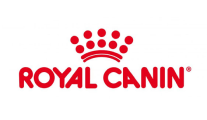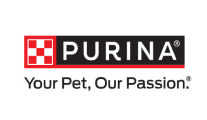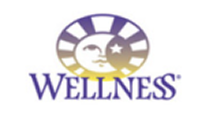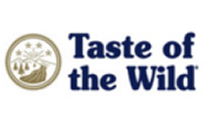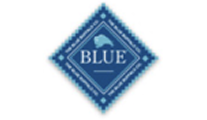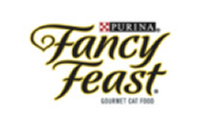9. How can I improve my dog's skin and fur?
Answer
Feed your dog a high-quality, balanced diet that provides all the necessary nutrients. Look for dog foods that contain essential fatty acids (Omega-3 and Omega-6), which promote healthy skin and coat. Consult your veterinarian for specific dietary recommendations based on your dog's breed, age, and any existing health conditions. Brush your dog's fur regularly to remove loose hair, dirt, and debris. This helps to prevent matting and keeps the coat clean. Grooming also stimulates the skin and distributes natural oils, promoting a healthy shine. Use grooming tools appropriate for your dog's coat type, and be gentle to avoid causing any discomfort. Bathe your dog as needed, but not excessively, as it can strip the skin of natural oils. Use a mild, dog-specific shampoo and conditioner to keep the coat clean and moisturized. Consult your veterinarian for guidance on the appropriate bathing frequency for your dog's breed and skin condition. Keep an eye out for any signs of skin issues such as dryness, itchiness, redness, or flaking. If you notice any problems, consult your veterinarian for a proper diagnosis and treatment plan. They may recommend specific shampoos, creams, or supplements to address the skin condition. Schedule routine check-ups with your veterinarian. They can assess your dog's overall health, identify any underlying medical issues affecting the skin and coat, and provide appropriate treatment or preventive measures. Regular vaccinations and parasite control are also essential for your dog's well-being. Minimize your dog's exposure to potential skin irritants, such as harsh chemicals, pesticides, or allergens. Keep your dog away from toxic plants and ensure they have a safe, clean environment. Ensure your dog has access to fresh, clean water at all times. Proper hydration is crucial for maintaining healthy skin and coat. Regular exercise helps to improve circulation, which can have a positive impact on your dog's skin and fur health. It also helps to maintain overall well-being and prevent obesity.





